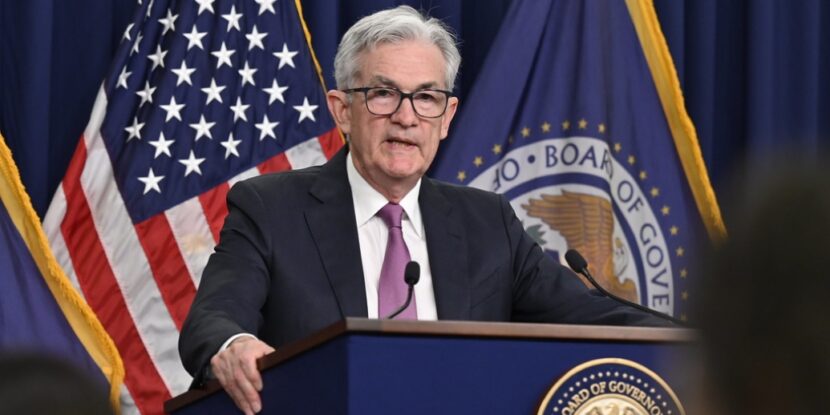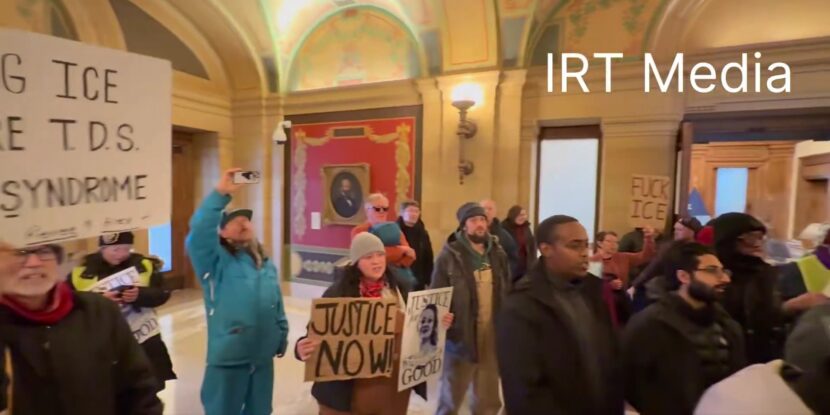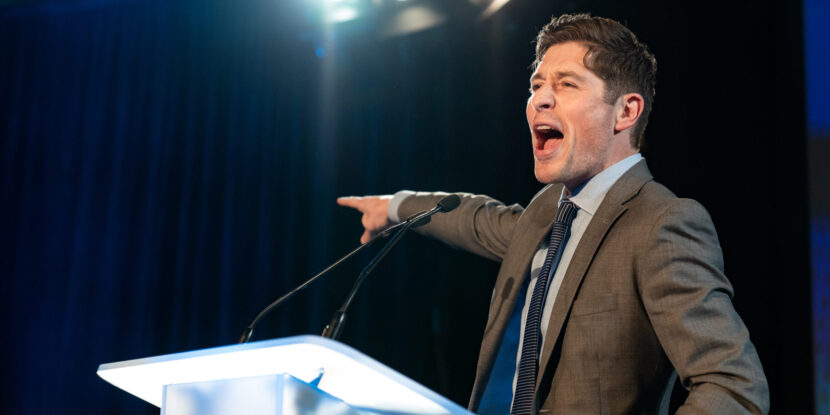“The time has come to adjust,” Federal Reserve chairman Jerome Powell announced in Jackson Hole, Wyoming on Friday. The central bank chairman warned that he and other members of the Federal Reserve were becoming increasingly concerned about the health of the U.S. labor market and were confident that they were nearing their two-percent inflation target.
Noting that the “direction of travel is clear,” Powell signaled that the Federal Reserve will likely move to cut interest rates during its September Federal Open Market Committee (FOMC) meeting. Currently, U.S. interest rates sit between 5.25 and 5.5 percent—having remained unchanged for over a year after the central bank engaged in a series of rate hikes to combat rampant inflation.
While Powell‘s remarks at the Jackson Hole Economic Symposium strongly signal a rate cut in September, he did not allude to the size of the cut. Some market observers have speculated the FOMC could move to reduce rates by 50 basis points—though a 25-point cut is most likely.
“The global period of inflation was unlike anything since the 1970s,” Powell said, describing the economic history of the past several years under the Biden-Harris government. The central bank chairman stressed that inflation has only abated because of the actions of the FOMC, the receding of pandemic-era supply shocks, and a reduction in aggregate demand. Powell’s remarks did not give any credit to the actions of the Biden-Harris government—which economists have criticized for engaging in inflationary fiscal policies.
Powell indicated the Federal Reserve’s focus would now shift to employment, likely spurred by Wednesday’s Bureau of Labor Statistics (BLS) revision in job numbers over the past year. The National Pulse reported that the government agency now admits the U.S. economy added 818,000 fewer jobs than it had previously claimed.




















